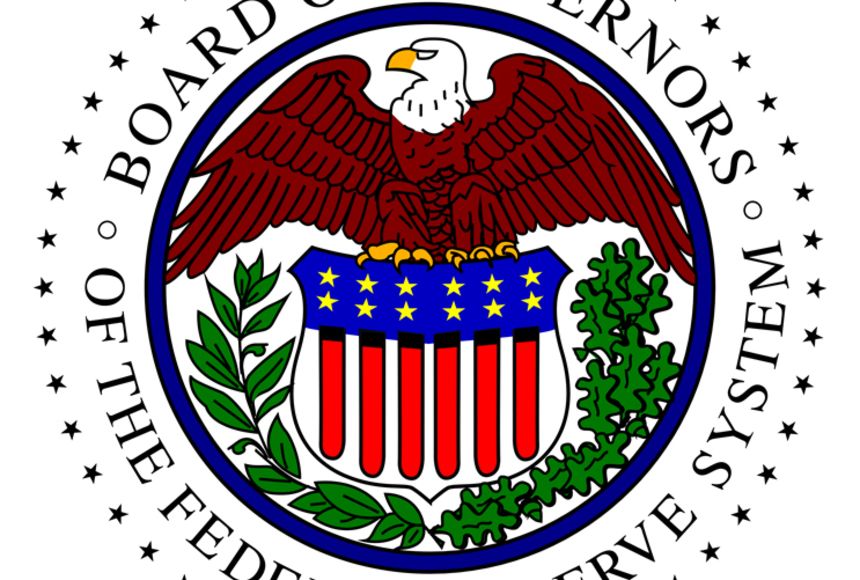IRS accused of backdating penalty approvals in crackdown on tax breaks for conservation easements.
IRS Accused of Backdating Penalty Approvals for Conservation Tax Breaks
Court filings have revealed that the Internal Revenue Service (IRS) is facing accusations from three Georgia businesses regarding backdated penalty approvals for improperly claimed tax breaks on conservation deals.
The businesses—Arden Row Assets, LLC, Basswood Partners, LLC, and Delwood Partners, LLC—have filed petitions in the U.S. Tax Court, alleging that an IRS supervisor intentionally and improperly backdated approvals for millions of dollars in penalties related to conservation easements.
Conservation easements are legal agreements in which property owners agree to limit the use of their land for conservation purposes. By donating these agreements to charity, they can claim tax breaks.
Related Stories
The IRS has been increasing scrutiny on conservation easements, citing potential abuse such as overvaluation.
According to attorney Michael Todd Welty, who represents the three Georgia businesses, the IRS revenue agent’s supervisor backdated his signature on penalty approval lead sheets. This action violates the law, which requires IRS revenue agents to obtain signed approvals from their supervisors before issuing penalty notices to taxpayers, as stated in 26 U.S.C. § 6751(b)(1). The rule was implemented to prevent rogue IRS agents from using improper tax penalties as leverage to pressure taxpayers into settlements, as outlined in a Senate report (pdf).
In the filings, Mr. Welty alleges that the supervisor “backdated the penalty consideration lead sheet for this Matter by exactly 8 months from March 14, 2022, to July 14, 2021.”
These recent filings are part of an ongoing legal battle against the IRS initiated by the three businesses on March 21. Mr. Welty has requested that the tax agency admit to the accusations within 30 days.
The IRS has not yet responded to a request for comment from The Epoch Times.
This is not the first time the IRS has faced allegations of backdating signatures on penalty approval sheets. In a case involving LakePoint Land Group, also represented by Mr. Welty, the IRS was accused of backdating a document that determined penalties for the overvaluation of a conservation easement.
LakePoint claimed that the IRS intentionally backdated the document and that IRS attorneys failed to inform the Tax Court about the backdating, attempting to conceal the use of the documents in penalty assessments.
The IRS has acknowledged an unintentional error in the LakePoint case, according to Politico.
Conservation Easements
A conservation easement is a legal agreement that restricts the development or use of a property for conservation purposes, such as protecting natural habitats or preserving land for public outdoor recreation or education.
By transferring a conservation easement agreement to a charity, property owners can claim a charitable contribution deduction based on the fair market value of the easement.
However, the IRS has identified abuses of this tax provision, with taxpayers, often influenced by promoters, claiming excessively large deductions for easements, as stated in the IRS guidelines on auditing conservation easements (pdf).
Administering and enforcing this tax provision has proven challenging for the IRS, leading to numerous legal disputes between the agency and taxpayers, according to a study by the Brookings Institution (pdf).
A specific subset known as syndicated conservation easements has drawn the attention of the IRS in recent years. The agency suspects that some of these transactions are primarily used for tax avoidance rather than genuine conservation efforts.
Syndicated conservation easements have made the IRS’ “Dirty Dozen” list of tax scams and abusive practices. The IRS website warns that promoters syndicate these transactions, offering investors the opportunity to claim charitable contribution deductions and significant tax savings that exceed their actual investments. These arrangements aim to exploit the tax system with inflated deductions, generating substantial fees for promoters.
In November 2019, the IRS announced a significant increase in enforcement actions against syndicated conservation easements.
" Conservative News Daily does not always share or support the views and opinions expressed here; they are just those of the writer."





